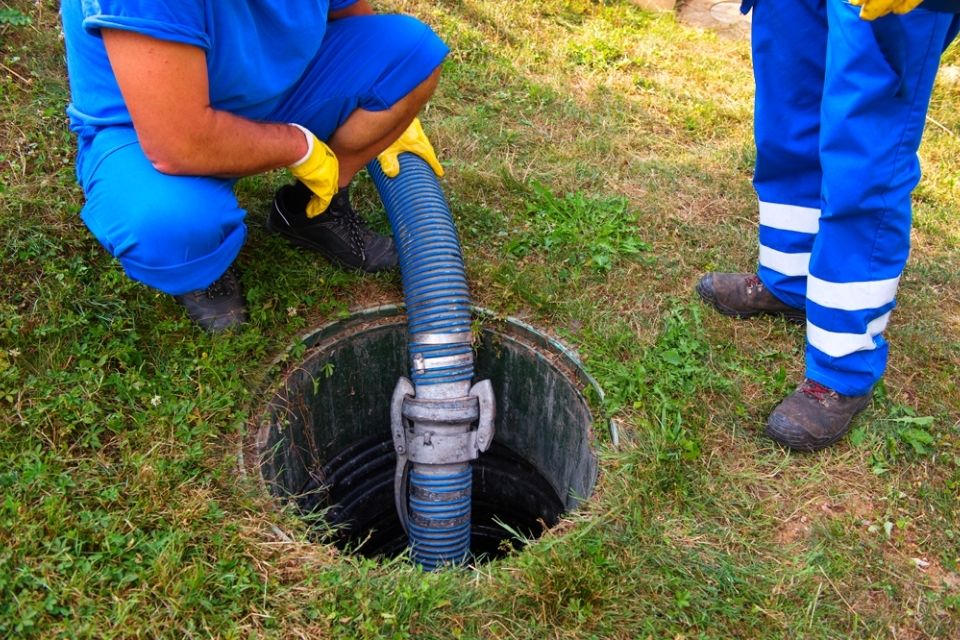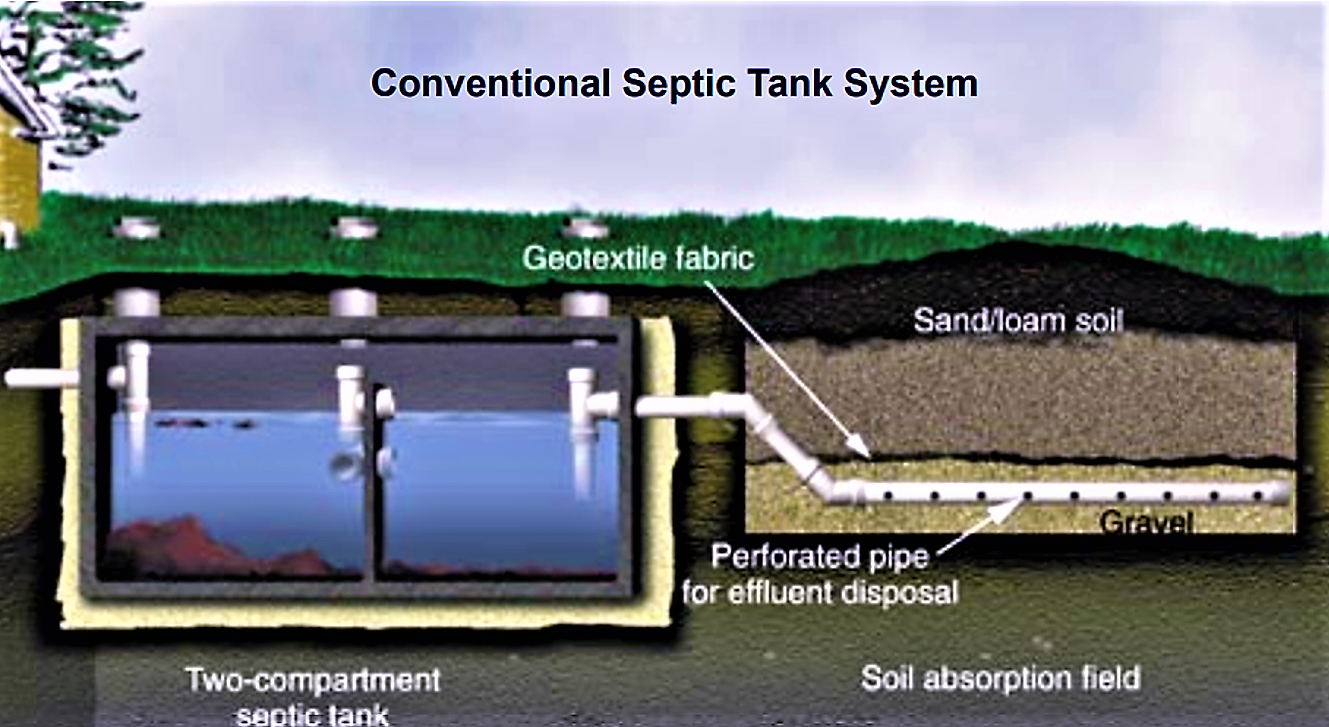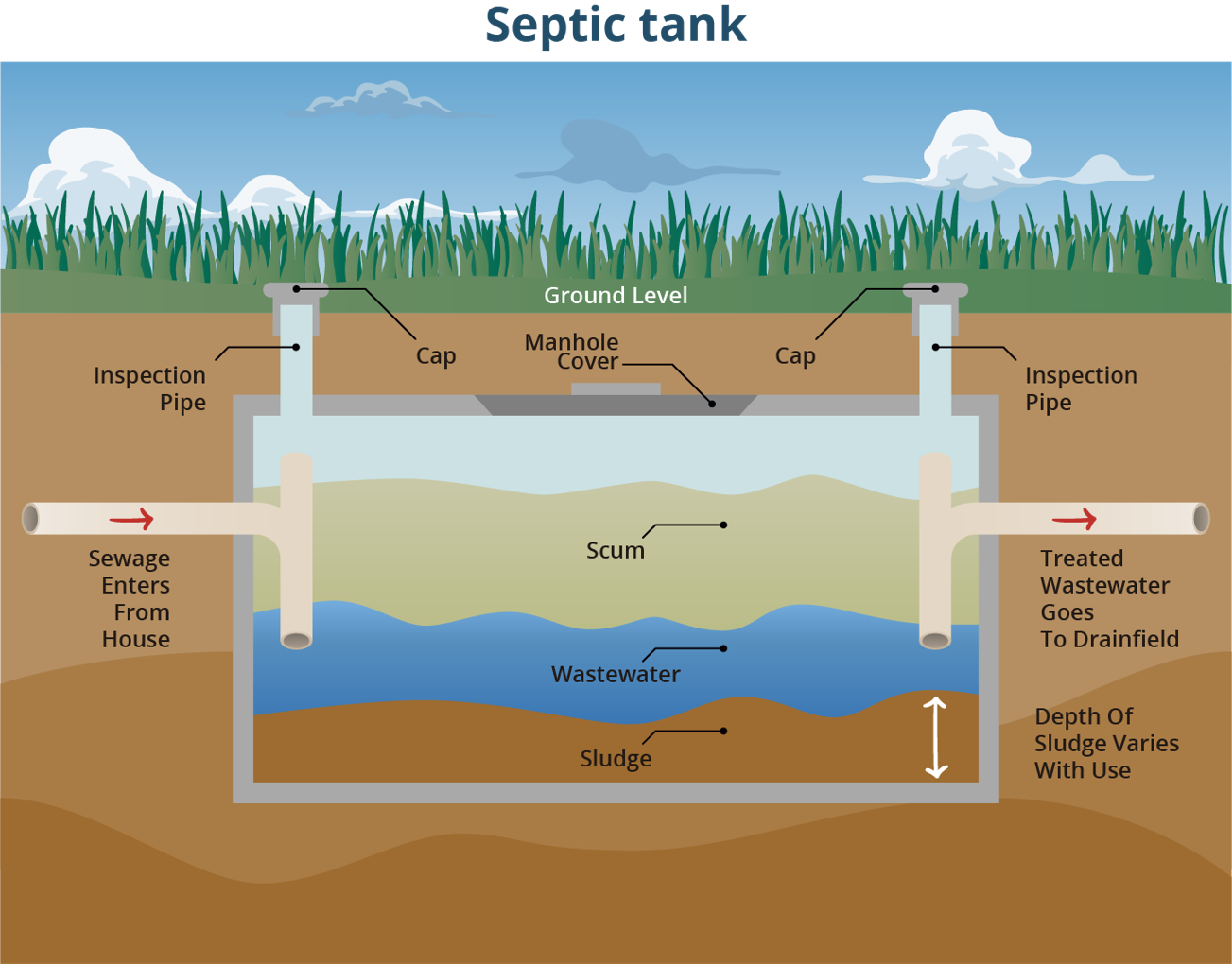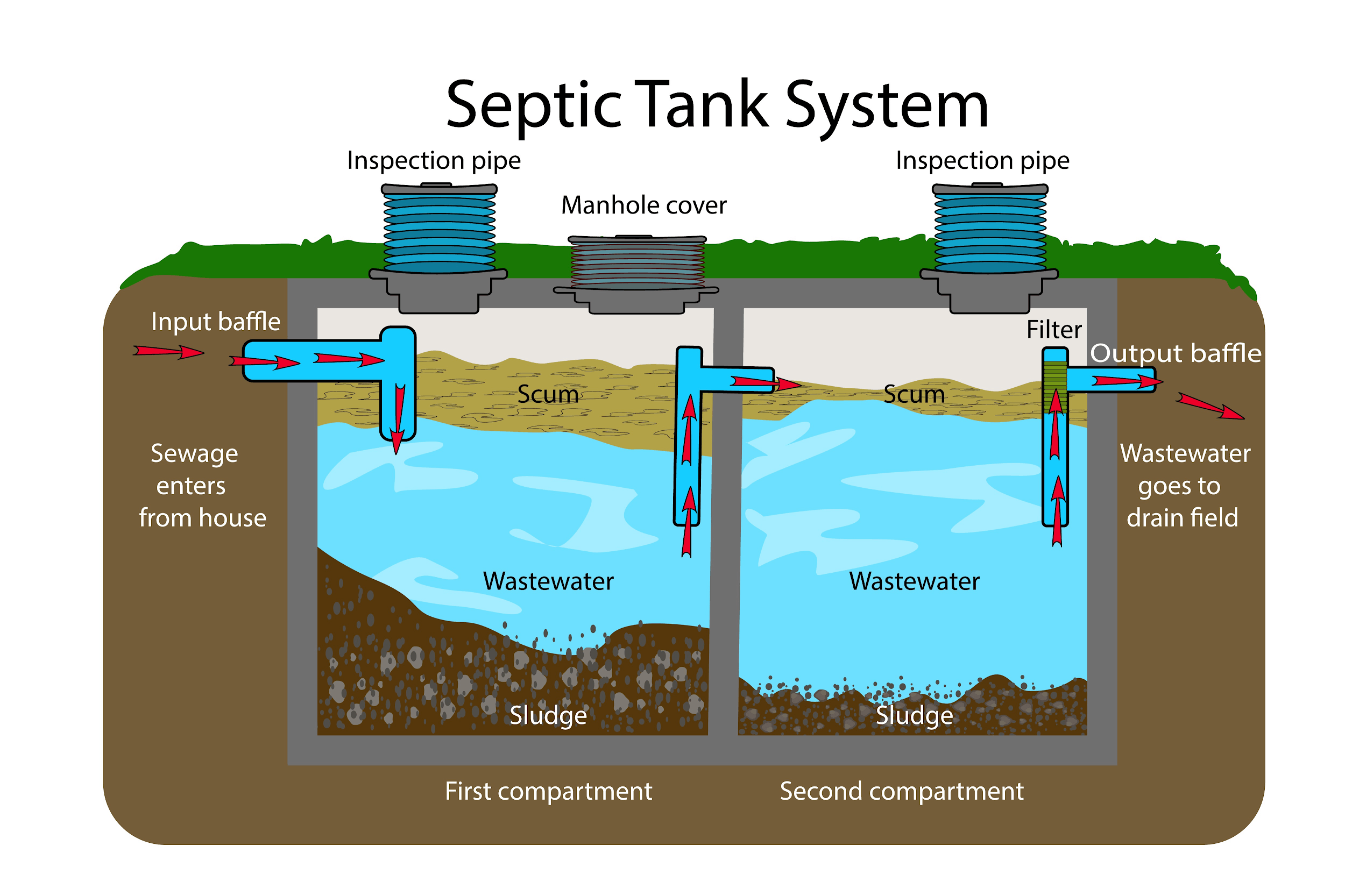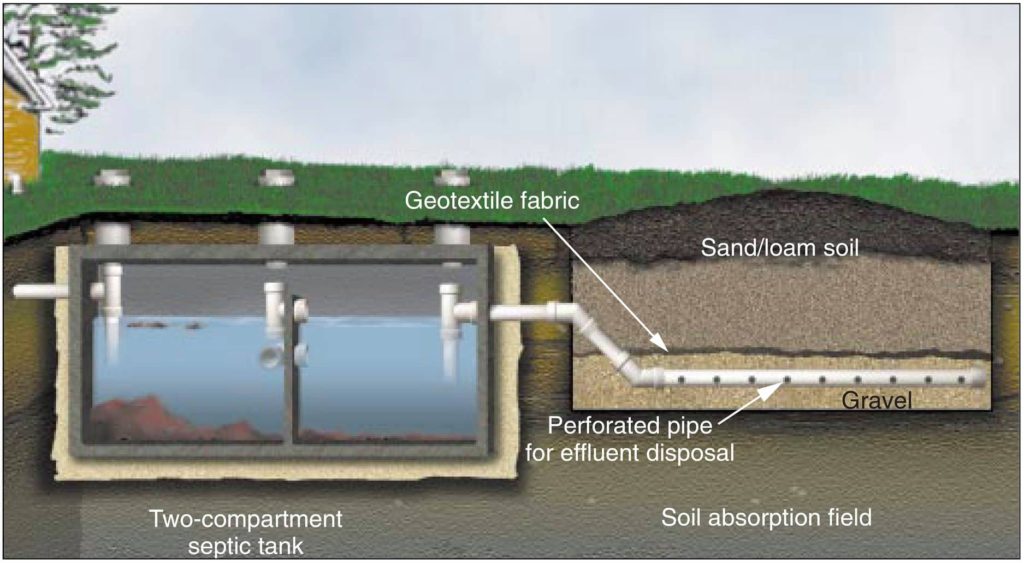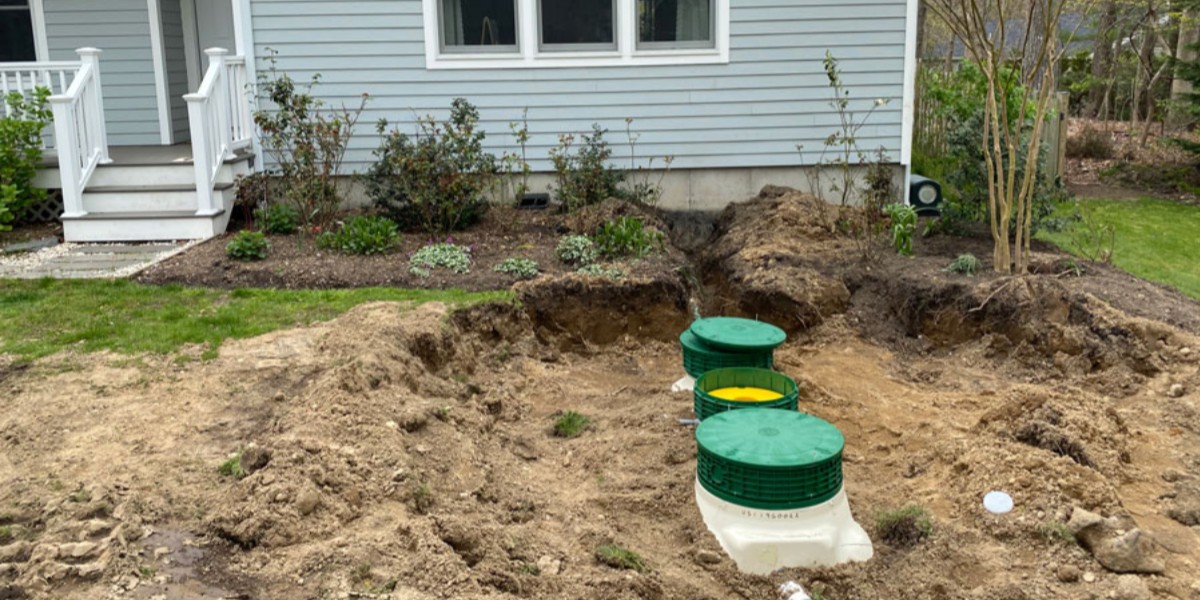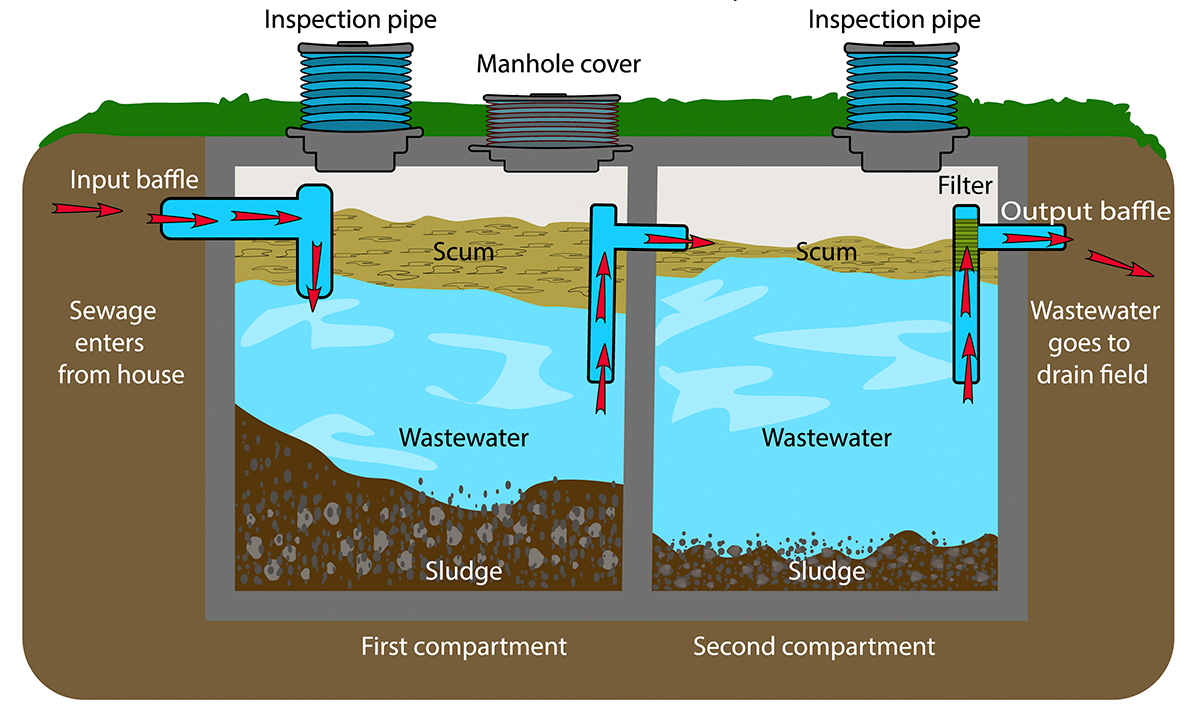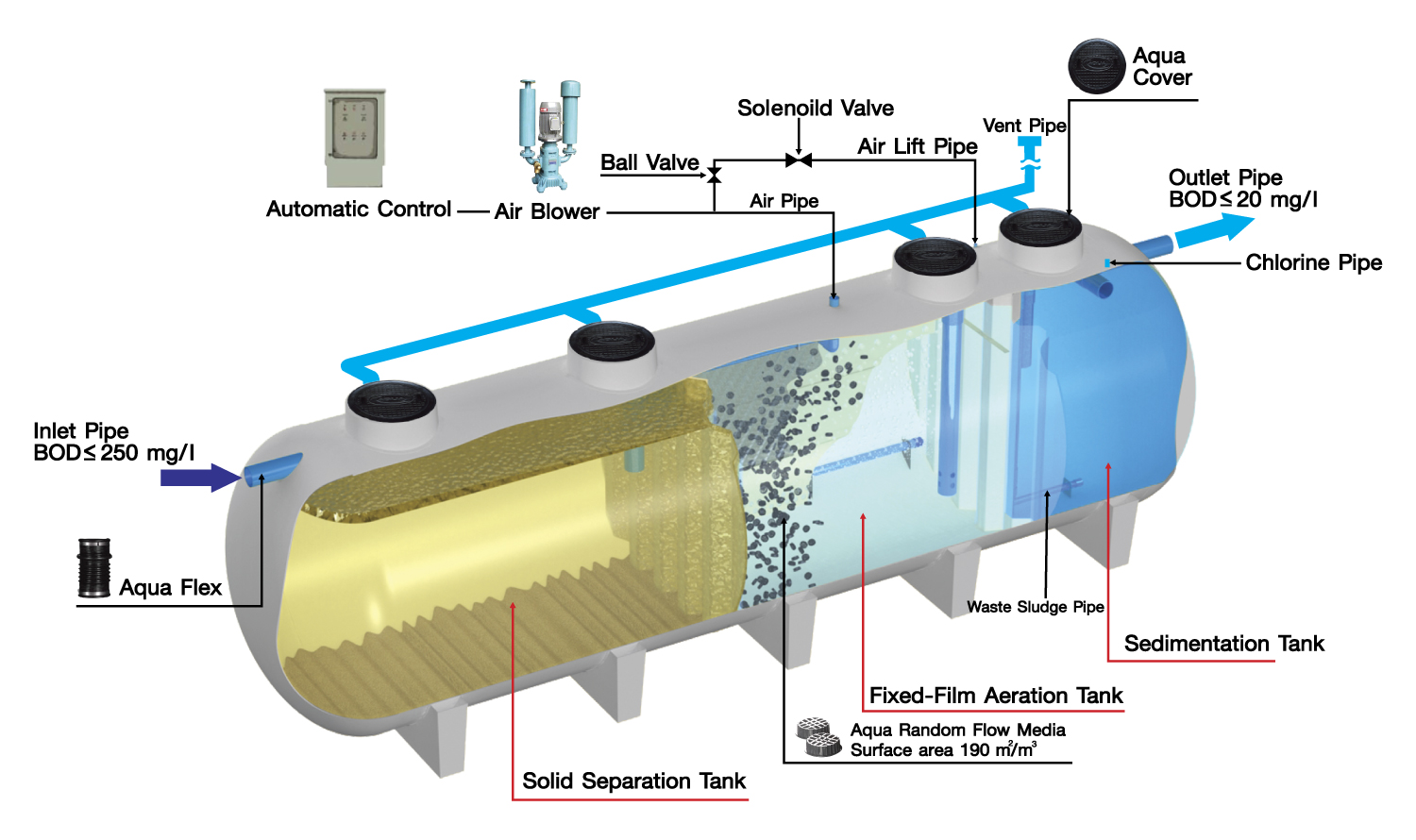Cool Info About How To Treat Septic Tanks
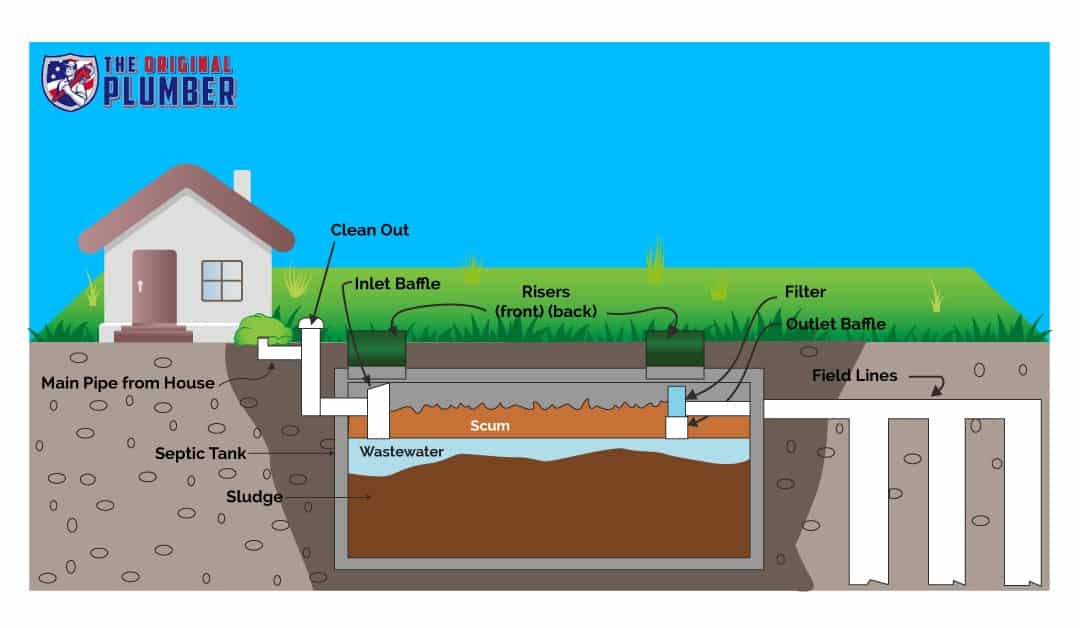
Its job is to hold the wastewater long enough to allow solids to settle down to the bottom forming sludge, while the oil and grease floats to the top as scum.
How to treat septic tanks. If other repairs are recommended, hire a repair person soon. The hot water and vinegar will break loose any blockage and melt any grease that may have made its way through the pipes. Follow the direction of the sewer pipe to identify the general location of your septic system.
Repair cracks or gaps in the exterior walls of the septic tank using cement or expanding foam used for home insulation projects. In general, do not use additives made of organic solvents or strong alkali chemicals because they pose a potential threat to soil structure and. Selecting the best septic treatment options depend on type.
Overview how to & diy ideas & inspiration installation maintenance planning click here to extend more septic system guide: 1 follow your sewer pipe to locate your septic tank. A handy checklist well, hello there!
Partially treated wastewater from the septic tank flows out through the drainfield, filters down through. First, you should understand how to clean and care for your septic tank and leach field. Septic tank treatment involves the addition of bacteria or chemicals to a septic tank to help break down waste and keep the system functioning properly.
You can actually make an arrangement yourself to treat your septic tank system. Pump the septic tank regularly one of the most important tasks that you will need to arrange about once every two to five years is having the septic tank pumped. Introduction to the do’s and don’ts of septic tank care:
It will be more environmentally friendly and provide more value when it comes to homemade treatment for a septic tank. Once the wastewater is treated in the tank, the effluent flows by gravity into a drain field, where it’s further treated by the soil. Most of these treatments revolve around active yeast.
Look in your basement or crawlspace for your sewer pipe. If you wait until there is a problem, you’ve waited too long, and should immediately call a septic cleaning company to pump your tank. How often should my septic tank be pumped?
Emptying the is an unpleasant job in rv life… brian does it every time without any compla. The right septic treatment is compatible with your tank’s size and needs while also breaking down human waste, oils, and grease. A gallon jug of white distilled vinegar costs roughly $3.49, which is enough for two months of tender loving care for your mainline!
Conventional septic systems are suitable for properties with adequate soil permeability and proper drainage conditions. Your septic tank should be serviced and pumped on a regular basis to make sure it’s working properly. To keep track of when to pump out your tank, write down the sludge and scum levels found by the septic professional.
These systems are common in small, rural neighborhoods. Maintain your system & avoid costly mishaps. Here’s how to keep it that way.

